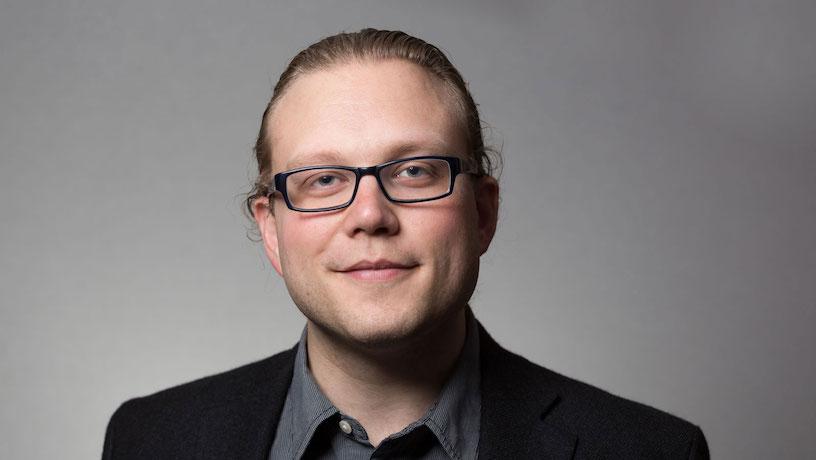Columbia Engineering Professors Win NSF Early Career Award
The National Science Foundation’s Early CAREER Award honors young faculty and their innovative research.
We congratulate the following Columbia Engineering faculty members who have recently won an NSF Early Career Development (CAREER) award, one of the highest honors for young faculty.
Marco Giometto

Marco Giometto, whose research is focused on the fundamentals of turbulence and its impact on the transport of mass, energy, and momentum in engineering and environmental systems, has won an NSF CAREER award for his project on “Characterization of Turbulence in Urban Environments for Wind Hazard Mitigation.” Giometto, assistant professor of civil engineering and engineering mechanics, is particularly interested in exploring fluid dynamics and micrometeorology, the study of short-lived atmospheric phenomena in the smallest scales of time and space. Over the last decade, cumulative losses from extreme wind events have surpassed the combined effects of all other natural disasters and climate models predict an escalation in the occurrence and severity of these events. Low-rise buildings and civil infrastructure are heavily impacted by atmospheric turbulence near ground level but researchers don’t have a solid grasp of this flow phenomenon.
Giometto’s project will address the urgent need for infrastructural designs capable of enduring extreme wind scenarios. By integrating state-of-the-art theories from fluid dynamics and wind engineering, he plans to find ways to use the interconnection between the urban canopy geometry and air within it to develop a simplified conceptual understanding and reduced models for prediction.
The project utilizes a combination of wind tunnel experiments, computer simulations, and theoretical developments in fluid dynamics. Giometto is collaborating with colleagues from the University of Florida Natural Hazards Engineering Research Infrastructure (NHERI) Experimental Facility for the wind tunnel research component. Research activities will be complemented by an educational and outreach program leveraging recent advances in virtual and augmented reality technology to enhance teaching and accessibility to engineering education.
Alex Urban

Alex Urban, assistant professor of chemical engineering, is a computational materials chemist who builds materials for clean-energy applications, with a special focus on batteries and fuel cells. With the NSF funding, he plans to address a critical climate change challenge: developing environmentally friendly methods for producing and recycling key metals such as nickel and cobalt, essential for clean energy technologies including lithium-ion batteries. As the world shifts from fossil fuels to electric energy, increasing the production of battery, electrolyzer, and fuel cells has now become an urgent need.
Urban’s project combines atomic-scale computer simulations with machine learning and data science to investigate clean, electricity-powered metal extraction processes in molten salts. Mineral electrolysis in molten salts is a significant yet under-researched class of processes used in both clean metal extraction for metal production and also for recovery from electronics waste. Urban wants to target an alternative to conventional mining processes, using computational tools to develop clean electrolytic processes that can be implemented domestically, reducing our reliance on international supply chains and, thus, enhancing national defense and economic stability. In addition, he adds, “because data science and AI are only just beginning to enter the domestic manufacturing and the chemical industry, integrating data science in both chemical engineering and materials science will prepare our students for interdisciplinary manufacturing challenges and foster workforce development in this key yet underserved sector.”
Urban, who joined Columbia Engineering in 2019, is a core member of the Columbia Electrochemical Energy Center (CEEC) and an affiliated member of the Data Science Institute.
